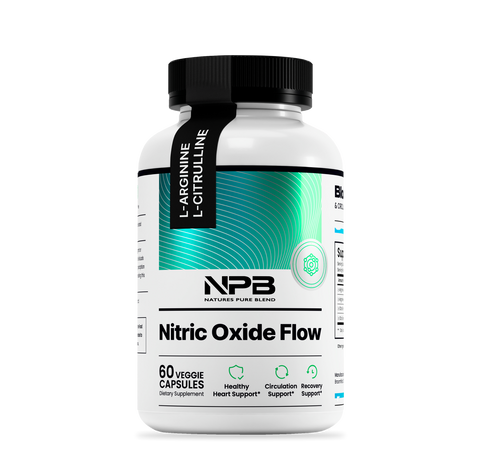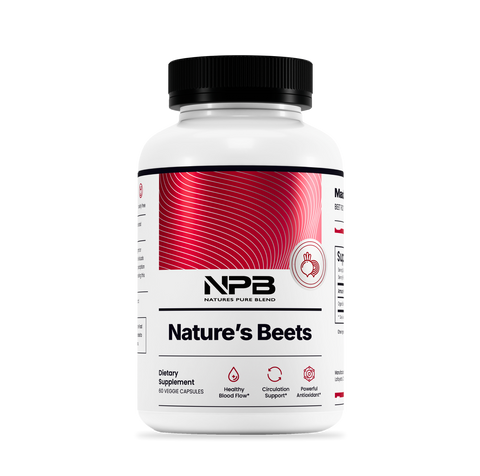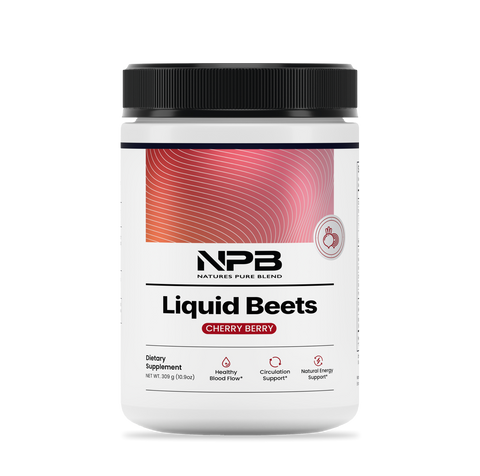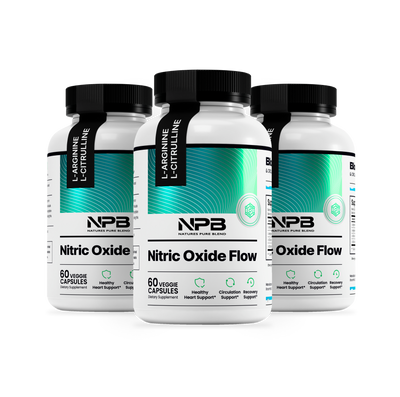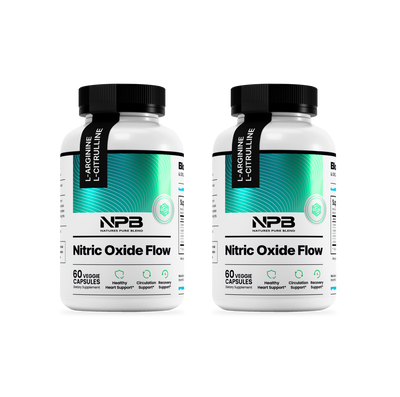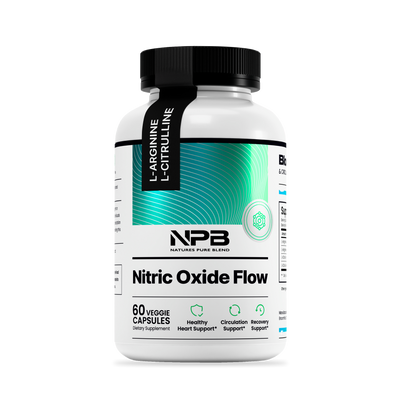High blood pressure, also known as **hypertension**, is often referred to as the silent killer. It affects millions worldwide and is a major risk factor for heart disease, stroke, and other serious health complications.
While high blood pressure may not exhibit noticeable symptoms initially, its long-term effects can be shocking and devastating. We will explore eight shocking effects of high blood pressure that underscore the importance of understanding and managing this silent threat to our health.
1. Increased Risk of Heart Disease:
Perhaps the most alarming effect of high blood pressure is its close association with **heart disease**. Persistent high blood pressure can damage the arteries, leading to the buildup of plaque, narrowing the arteries, and increasing the risk of heart attacks, heart failure, and other cardiovascular conditions. Monitoring and controlling blood pressure levels is crucial to reduce the risk of developing heart disease. [1]
2. Higher Likelihood of Stroke:
High blood pressure can significantly increase the risk of **stroke**, which occurs when the blood supply to the brain is interrupted. Uncontrolled hypertension weakens and damages blood vessels in the brain, making them more susceptible to rupturing or forming blood clots. These complications can lead to a stroke, causing severe disability or even death. [2]
3. Kidney Damage:
The kidneys play a crucial role in filtering waste and excess fluid from the body. High blood pressure can strain the blood vessels in the kidneys, impairing their function and potentially leading to **kidney damage** or even kidney failure. Individuals with hypertension should closely monitor their kidney health to prevent long-term complications. [3]
4. Vision Problems:
Prolonged high blood pressure can have a detrimental impact on your **vision**. The increased pressure can damage the blood vessels in the eyes, leading to various eye conditions such as hypertensive retinopathy. If left untreated, these conditions can cause vision loss or even blindness. [4]
5. Cognitive Decline:
Recent research has highlighted a strong link between high blood pressure and **cognitive decline**, including an increased risk of dementia and Alzheimer's disease. Hypertension affects the small blood vessels in the brain, disrupting blood flow and oxygen supply, which can contribute to the development of cognitive impairments. [5]
6. Sexual Dysfunction:
Uncontrolled high blood pressure can have a negative impact on sexual health, particularly in men. It can lead to **erectile dysfunction (ED)** by damaging blood vessels and reducing blood flow to the reproductive organs. By managing blood pressure effectively, individuals can mitigate the risk of sexual dysfunction and improve their overall quality of life. [6]
7. Complications during Pregnancy:
For expectant mothers, hypertension poses risks not only to their health but also to that of their unborn child. High blood pressure during pregnancy can lead to **preeclampsia**, a serious condition characterized by high blood pressure and organ damage. Preeclampsia can increase the risk of premature birth, low birth weight, and other complications for both the mother and baby. [7]
8. Increased Vulnerability to Other Health Issues:
High blood pressure can weaken the body's overall health and immune system, making individuals more susceptible to **other health issues**. People with hypertension are at a higher risk of developing diabetes, certain types of cancer, sleep apnea, and other chronic conditions. Individuals can reduce their susceptibility to these additional health risks by managing blood pressure effectively. [8]
Conclusion
High blood pressure is a pervasive health issue with potentially shocking and life-altering effects. Understanding the risks associated with hypertension and taking proactive measures to manage and control it effectively is crucial.
Regular blood pressure monitoring, adopting a healthy lifestyle, and following medical advice are vital steps to mitigate the devastating consequences of high blood pressure. By prioritizing our cardiovascular health, we can lead longer, healthier lives and protect ourselves from the silent.
